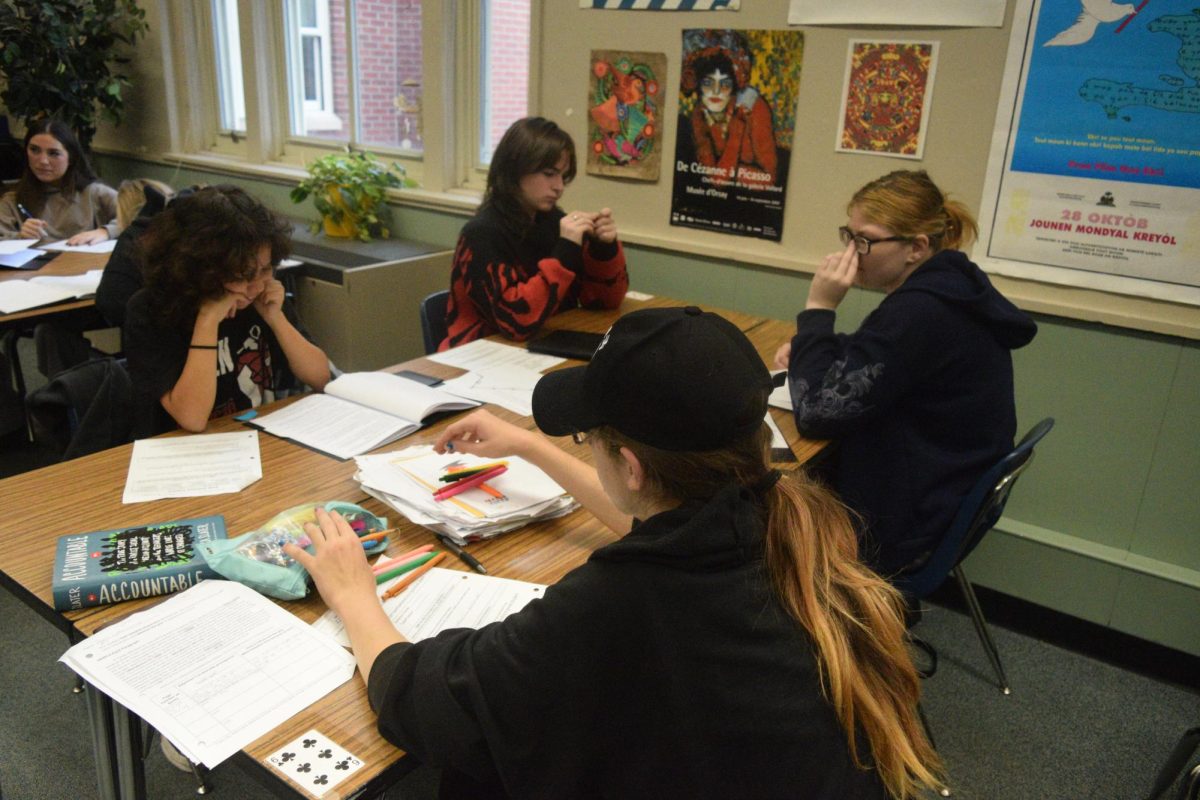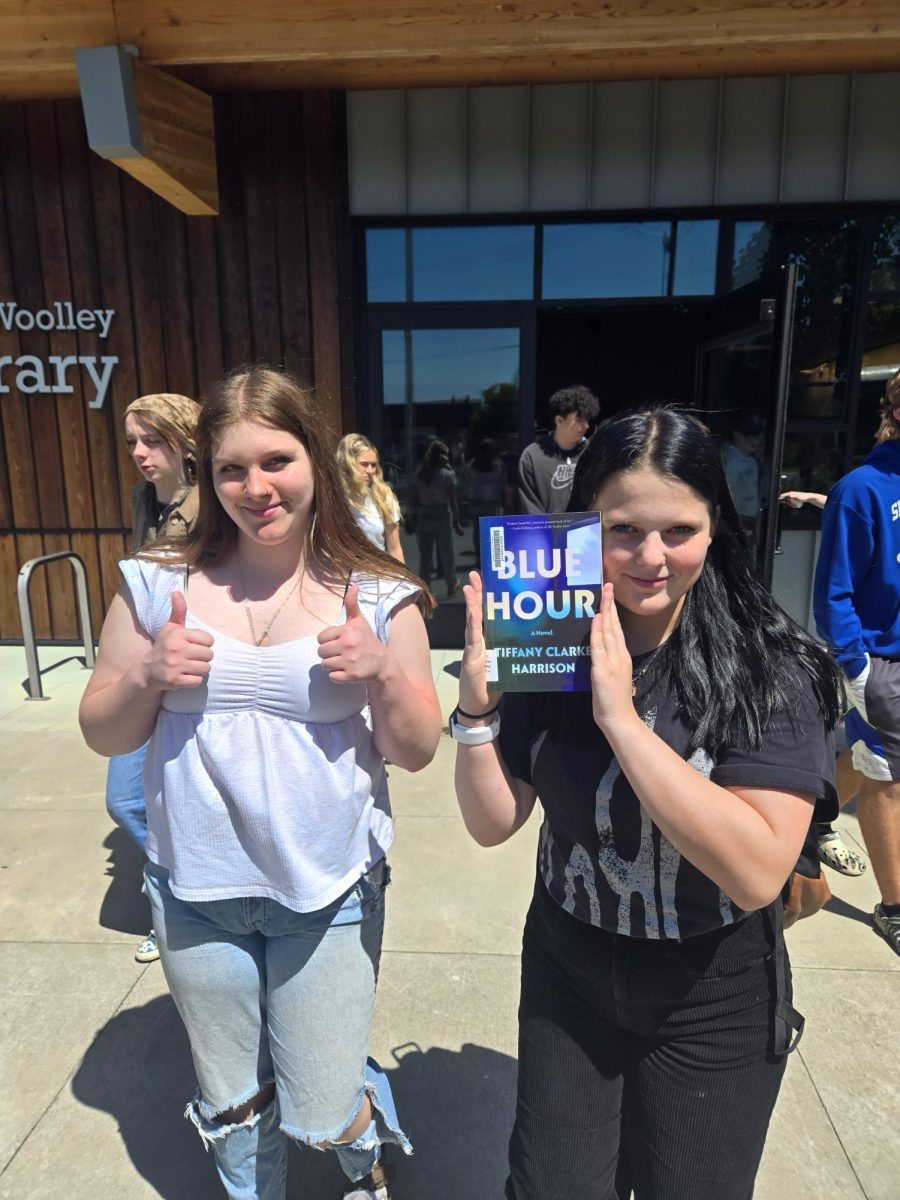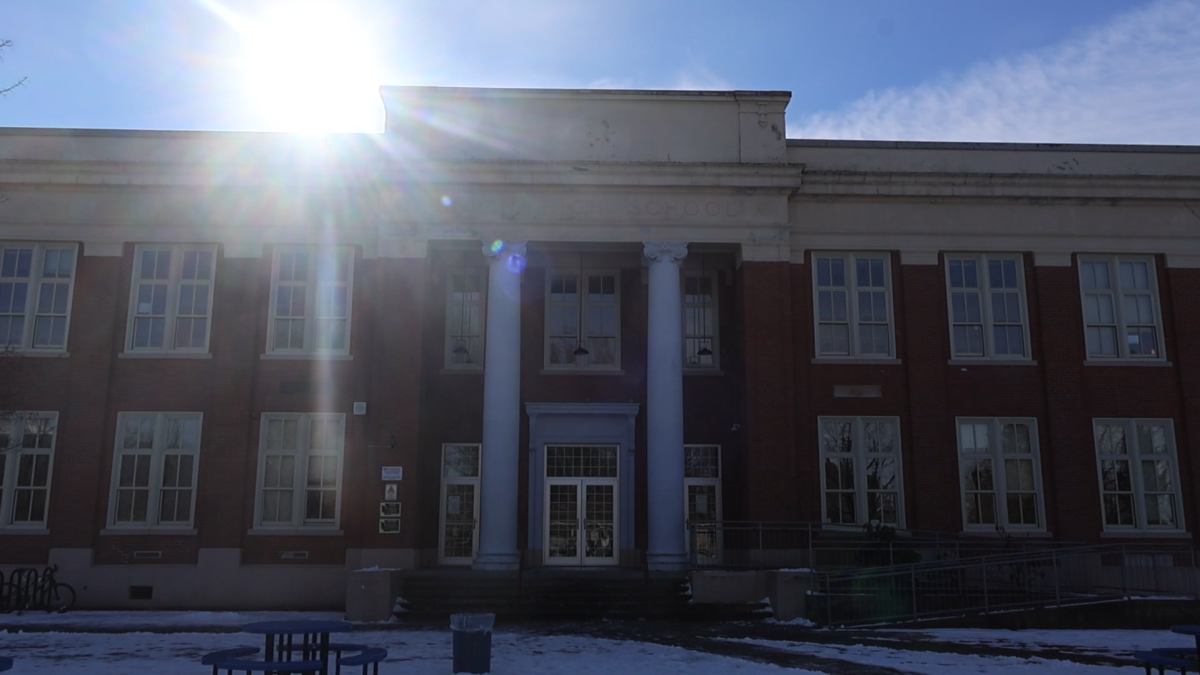By Nick Wahlgren
Ah, summer. Merely the word can conjure images of green, yellow, and blue. Summer makes one think of baseball-park hot dogs, sandy beach balls, and the destruction of skills acquired over the past nine months. Summer should be abolished. Think of it this way: there isn’t much to be gained from summer break that can’t be gained any other time. Meanwhile, according to a 1996 study on summer learning loss by psychologist Harris Cooper, “summer learning loss equaled at least one month of instruction of learning.” So right now there exists something inherent in the school system that causes learning loss and has no benefit being in that exact place. The next question is: How does one fix that? The answer is really simple: year-long school. There would be no loss of actual school days, nor would there be any gain in days off. All it would take would be some moving of weeks around to better accommodate student and teacher stress build up. Education.com reports that “in 1993 the National Education Commission on Time and Learning (NECTL, 1993) urged school districts to develop school calendars that acknowledged differences in student learning and major changes taking place in American society. The report reflected a growing concern about school calendar issues, especially for students at risk for academic failure.” It is now 22 years later, and it has been proven time and time again by a variety of studies that summer causes students to lose skills they obtained the previous year. This is especially true of math skills, because while parents encourage reading over the summer, it is much harder to encourage math practice, especially for low income families. Here’s another way to think about it. Many of the countries that are passing the US right now have yearround school. Singapore, Hong Kong, Germany, all have more school days than us and a closeto-year-round system, and they are all in the Top 20 for education. America is not in the Top 20. We aren’t even in the Top 25. We are 28th. Pathetic for a nation that used to be the powerhouse of the world. Most of the studies agree that it is isn’t only a year-round education that improves education in general, but they all agree that it is a factor. And at the very least, a factor such as this should be considered, if not implemented.






